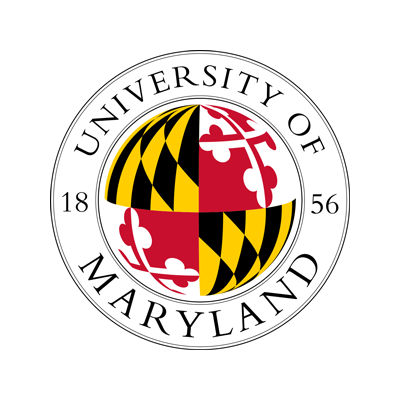University of Maryland

🇺🇸United States
- Country
- 🇺🇸United States
- Ownership
- Private
- Established
- 1856-01-01
- Employees
- 10K
- Market Cap
- -
- Website
- http://www.umd.edu
Athletes' ADHD, anxiety meds might increase heat stroke risk
Athletic trainer Kenya Moore noticed a player's disorientation after switching ADHD meds, leading to heat stroke. Experts warn that medications for ADHD, anxiety, and depression elevate heat stroke risk in athletes, calling for more research. Heat illness diagnoses and deaths have risen with global temperatures, with stimulants potentially increasing risk by constricting blood vessels and inhibiting sweating. Awareness and precautions are crucial, especially as mental health medication use rises.
Critical cancer research technology receives boost under $4M NCI grant
IU researcher Paul Macklin co-leads $4M NIH grant to integrate PhysiCell and CoGAPS into a cloud-based platform for cancer research, aiming to improve simulations and data analysis.
Study reveals MYC gene's role in prostate cancer initiation and progression
Researchers at Johns Hopkins Kimmel Cancer Center found MYC gene activation initiates prostate cancer, initially attracting immune cells but later evading them, suggesting MYC as a therapeutic target.
A Common Culprit Drives Prostate Cancer Progression
Researchers at Johns Hopkins Kimmel Cancer Center found MYC gene activation initiates and progresses prostate cancer, initially attracting immune cells but later hiding the tumor. This discovery could lead to new therapeutic targets.
NIFA Announces 2024 BRAG Program Awards for Research on Genetically Engineered Organisms
The Biotechnology Risk Assessment Grants (BRAG) program, co-administered by USDA’s NIFA and ARS, supports research aiding federal agencies in making decisions about genetically engineered organisms. In 2024, BRAG awarded eight research and three conference grants to institutions including Clemson University, Infinite Eversole, North Carolina State University, Oregon State University, Society for In Vitro Biology Incorporated, University of California, San Diego, University of Florida, University of Maryland, and University of Nebraska-Lincoln.
'Never Give Up': Treatment Breakthroughs Arrive for SCLC
FDA approval of Imdelltra (tarlatamab-dlle) in 2024 for extensive-stage small cell lung cancer (ES-SCLC) provided hope for Sabrina Potts, who experienced significant improvement after treatment. Imdelltra, a bispecific T-cell engager, forces interaction between tumor and immune cells, leading to tumor attack. Despite side effects like cytokine release syndrome and neurologic toxicity, the therapy showed a 40% objective response rate with a median duration of response of 9.7 months. Challenges in SCLC treatment include late-stage diagnosis and frequent relapse, but recent advancements like Imdelltra and Imfinzi offer new options, though a cure remains elusive.
Improving The Clinical Trial Ecosystem A Call To Stakeholder Alignment
Misaligned incentives and bureaucracy hinder drug development, despite shared goals among stakeholders. Over-complexity in clinical trials, such as study overdesign and regulator-phobia, impedes progress. Emphasizing mission focus, genuine partnerships, flexibility, innovative thinking, and aligned incentives can drive systemic change, ensuring the clinical trial ecosystem delivers effective drugs for patients.
© Copyright 2024. All Rights Reserved by MedPath
